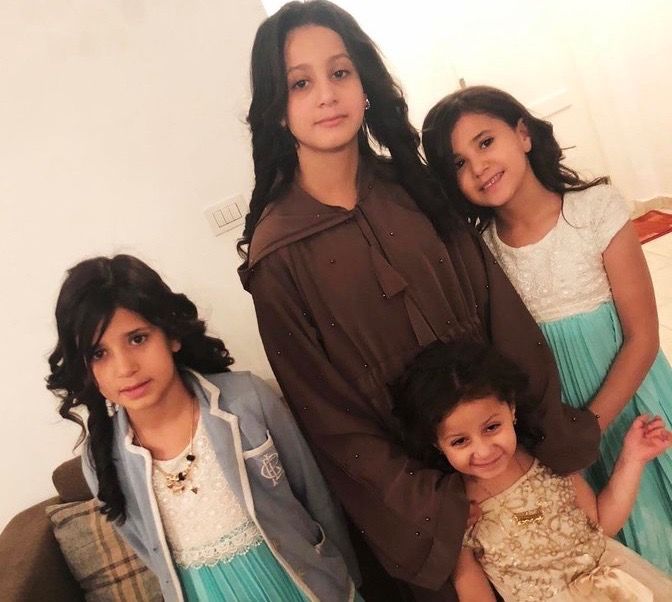
As Huffington Post accounts:
Two years ago this week, Trump signed Executive Order 13769, which barred citizens from seven Muslim-majority countries, including Yemen, from entering the U.S. (It has been revised multiple times and challenged repeatedly in federal courts; last year the ban was upheld by the Supreme Court over lower court decisions calling it unconstitutional.) The effect of the ban was chaotic and traumatic. Travelers were stranded at airports, newlyweds were torn apart and civilians seeking medical attention were denied visas to enter the country for treatment. Some Americans were forced to make the difficult decision to leave the U.S. and move to war-torn countries just to be with their families.
Two years later — despite attempts by the courts to block the ban, and despite an amendment ostensibly created to give people suffering hardship a legal process for immigration — families are still struggling to reunite.
Huffington Post interviews Mohamed Alahiry whose family first settled into the United States from Yemen back in 1928. Alahiry and his wife met in Sana’a, the capital of Yemen, and were married there in 2005. For nearly a decade, Alahiry split his time between Yemen and Brooklyn, where his family owned a bodega. The plan was to bring his wife over from Yemen to raise their four daughters together but the family got caught up in the snares of the ban. As of now, his wife and 12-year-old daughter remain in limbo abroad.
“The American people, including and most importantly Congress members, need to realize that this [ban is still] unconstitutional,” comments Ayyad Algabyali, the director of advocacy at Yemeni American Merchants which gives support to local merchants and businesses like Mr. Alahiry.



